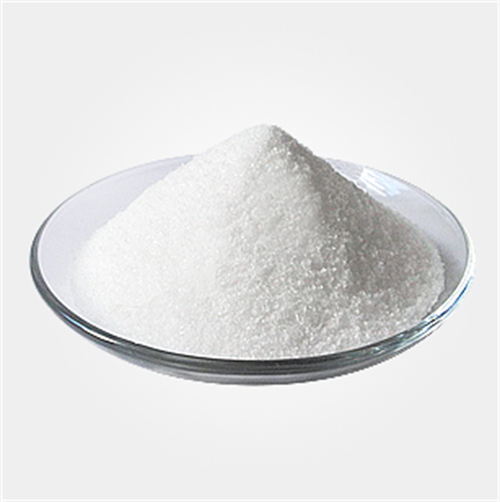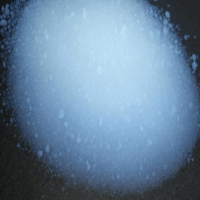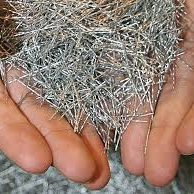Professional solutions on concrete addtives, Concrete Foaming Agent, Superplasticizer, CLC Blocks Additives, and foaming machine
Concrete is the cornerstone material in construction, mainly composed of cement, water, and aggregates. However, by incorporating admixtures – chemical additives that alter the properties of concrete – their performance can be significantly improved, and these admixtures meet the specific needs and conditions encountered in construction projects.
1. Water reducing agent (plasticizer)
Water-reducing agents are crucial for reducing the water-cement ratio without affecting workability. By dispersing cement particles more effectively, they can reduce water usage, resulting in stronger and more durable concrete. This makes them suitable for standard concrete, where strength and durability are crucial.

Water reducing agent (plasticizer)
2. Superplasticizer (high-efficiency water-reducing agent)
Compared with conventional water-reducing agents, superplasticizers have excellent dispersibility. They are indispensable in the production of high-performance concrete with excellent fluidity and strength, typically used for pre-stressed or precast concrete elements that require precise pouring.
3. retarder
The retarder slows down the hydration process and delays the setting time of concrete. They are particularly useful in hot climates or large pours that require extended working hours to ensure proper finishing before initial setting.
4. Accelerating admixtures
Accelerators accelerate the hardening process and increase the development of early strength. They are crucial in cold weather construction to prevent damage caused by freezing before the concrete has fully hardened.
5. Air entrained
Air-entraining agents introduce microbubbles into the concrete matrix, enhancing freeze-thaw durability and improving workability. They are crucial for concrete exposed to harsh weather conditions, such as roads and bridges in northern regions.
6. Volcanic ash
Volcanic ash, including fly ash, silica fume, and metakaolin, reacts with calcium hydroxide produced by cement hydration to form additional binding compounds. They enhance long-term strength, reduce permeability, and lower the risks associated with alkali-silica reactions.
7. Fine ground granulated blast furnace slag (GGBS)
GGBS improves processability, reduces permeability, and lowers the risk of alkali-silica reaction. Due to its heat reduction benefits, it is widely used in large-volume concrete structures such as dams and foundations.
8. Corrosion inhibitor
Corrosion inhibitors protect steel bars from rusting by forming a protective layer. They are crucial in marine environments and areas affected by deicing salts, ensuring the lifespan of reinforced concrete structures.
9. Pumped admixtures
Pumpable admixtures can reduce friction between particles, making it easier to pump over longer distances and narrow spaces. They are crucial for high-rise buildings and complex structural design.
10. Shrinkage reducing agent
Shrinkage-reducing agents can minimize drying shrinkage, reduce the risk of cracking, and improve overall performance. They are beneficial in thin sections and decorative concrete installations.
11. Adhesive
Adhesive admixtures can enhance the adhesion between new and old concrete surfaces, making them an ideal choice for road or floor repair projects and coverings.
12. Colorants
Colorants provide aesthetic appeal by coloring concrete. They are used in building concrete, landscape beautification, and art projects where visual appearance is crucial.
13. Grouting admixture
Grouting admixtures can ensure the appropriate fluidity and stability of grouting mixtures, used to fill pores, seal joints, and anchor bolts in various building applications.
14. Waterproof additive
Waterproof admixtures have waterproof permeability, which is crucial for underground structures such as basements, tunnels, and others that must prevent water ingress.
15. Rheological modifier
Rheological modifiers alter the viscosity and consistency of concrete mixtures, optimizing their behavior under different processing conditions. They are used for self compacting concrete and pouring into crowded steel bars.
In short, the selection of additives is a meticulous practice that integrates knowledge from chemistry, materials science, and engineering. Each type of admixture addresses specific challenges faced in different construction environments, from extreme weather conditions to special design requirements.
Supplier
Cabr-Concrete is a supplier under TRUNNANO of Concrete Admixture with over 12 years of experience in nano-building energy conservation and nanotechnology development. It accepts payment via Credit Card, T/T, West Union and Paypal. TRUNNANO will ship the goods to customers overseas through FedEx, DHL, by air, or by sea. If you are looking for admixtures used in concrete, please feel free to contact us and send an inquiry.sales@cabr-concrete.com
Tag: Water reducing agent,Superplasticizer,admixture






